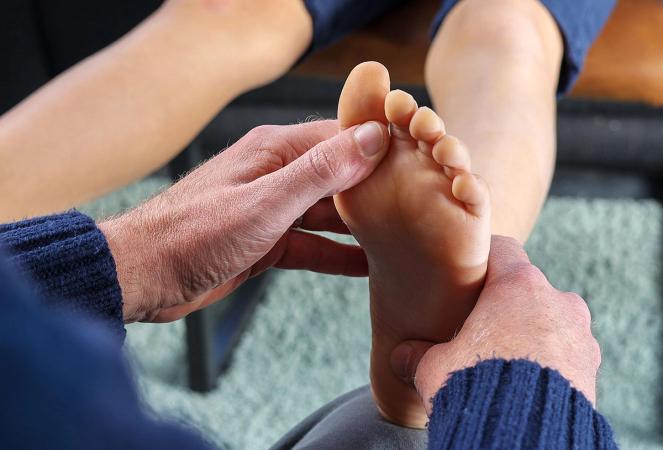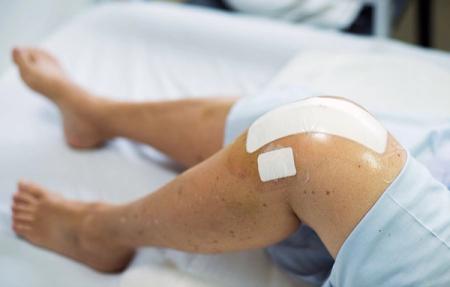question
what are the differences in the roles of a rheumatologist and a gp in providing my care?
The roles of a rheumatologist and a general practitioner (GP) in managing your care for arthritis are distinct yet complementary. Understanding these differences can help you navigate your healthcare journey more effectively.
General Practitioner (GP)
-
First Point of Contact: Your GP is typically the first healthcare professional you consult regarding any health concerns, including arthritis. They play a crucial role in your overall health management.
-
Diagnosis and Referrals: GPs can assess your symptoms, perform initial examinations, and order tests. If they suspect arthritis or another condition, they can refer you to a rheumatologist or other specialists for further evaluation.
-
Coordinating Care: Your GP coordinates your healthcare, ensuring that all aspects of your health are considered. They can manage your medications, monitor your overall health, and provide referrals to allied health professionals as needed.
-
Ongoing Support: GPs provide continuous support and follow-up care. They can help you manage any other health issues that may arise alongside your arthritis.
Rheumatologist
-
Specialised Expertise: A rheumatologist is a medical doctor who specialises in diagnosing and treating arthritis and other musculoskeletal disorders. They have advanced training in the complexities of these conditions.
-
In-Depth Assessment: If referred to a rheumatologist, they will conduct a thorough evaluation, which may include detailed medical history, physical examinations, and specific tests to confirm the type of arthritis you have.
-
Targeted Treatment Plans: Rheumatologists develop tailored treatment plans based on your specific type of arthritis, the severity of your symptoms, and your overall health. They are knowledgeable about the latest treatments and therapies available.
-
Management of Complex Cases: If your arthritis is complicated or does not respond to standard treatments, a rheumatologist can provide advanced care options and may collaborate with other specialists to ensure comprehensive management.
Working Together
-
Collaborative Care: Your GP and rheumatologist work together to provide you with the best care possible. Your GP may continue to manage your general health and coordinate with the rheumatologist regarding your arthritis treatment.
-
Communication: It’s essential to keep both your GP and rheumatologist informed about your symptoms, treatment responses, and any concerns you may have. This communication ensures that your care is cohesive and effective.
Conclusion
In summary, your GP serves as the initial point of contact and ongoing health manager, while a rheumatologist provides specialised care for arthritis. Both play vital roles in your healthcare team, and their collaboration is key to effectively managing your condition. If you have further questions or need clarification about your care, don’t hesitate to discuss this with your healthcare professionals.
This information is not a substitute for professional medical advice, diagnosis or treatment. Always consult a registered healthcare professional about matters that affect your health. Clara uses artificial intelligence to generate general information for personal educational purposes only, not intended to be a management plan and it may contain errors, inaccuracies or may oversimplify concepts.














